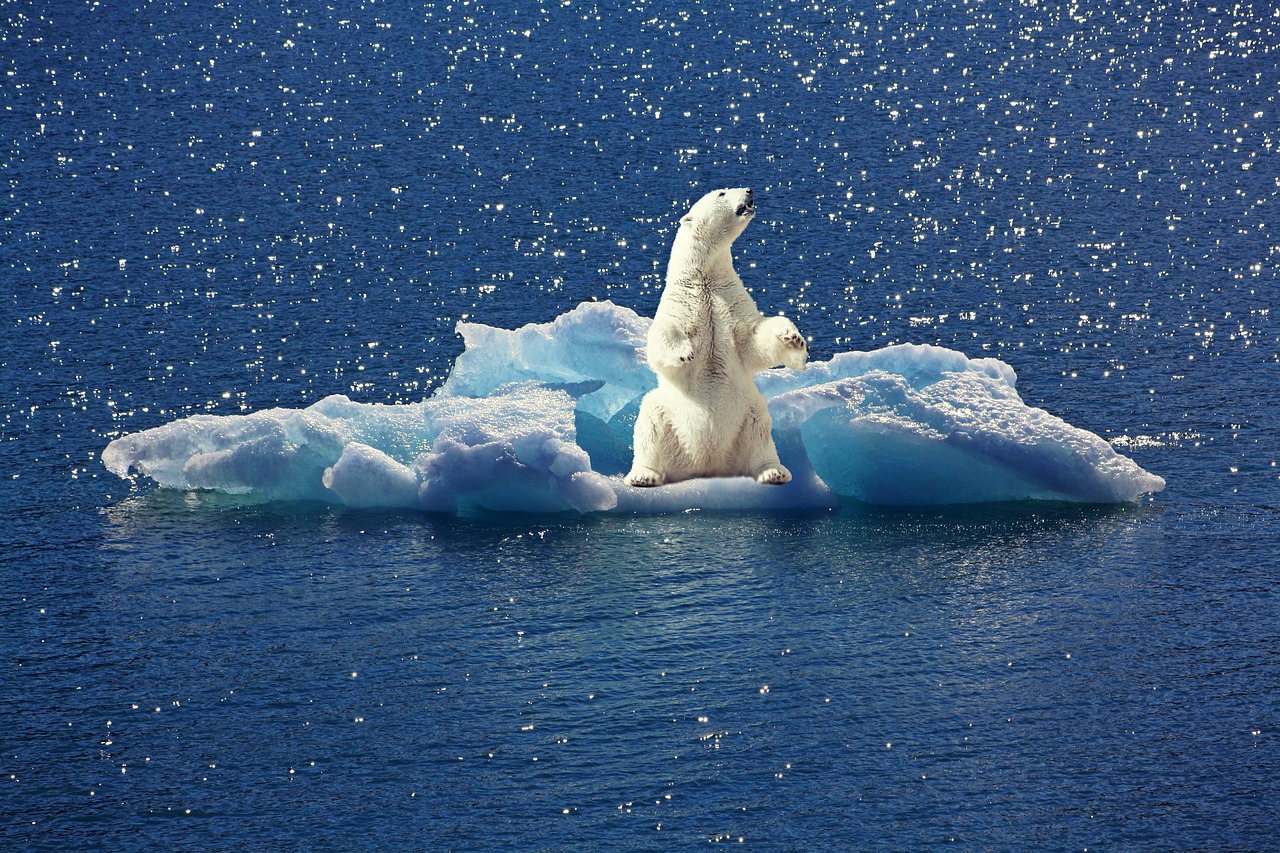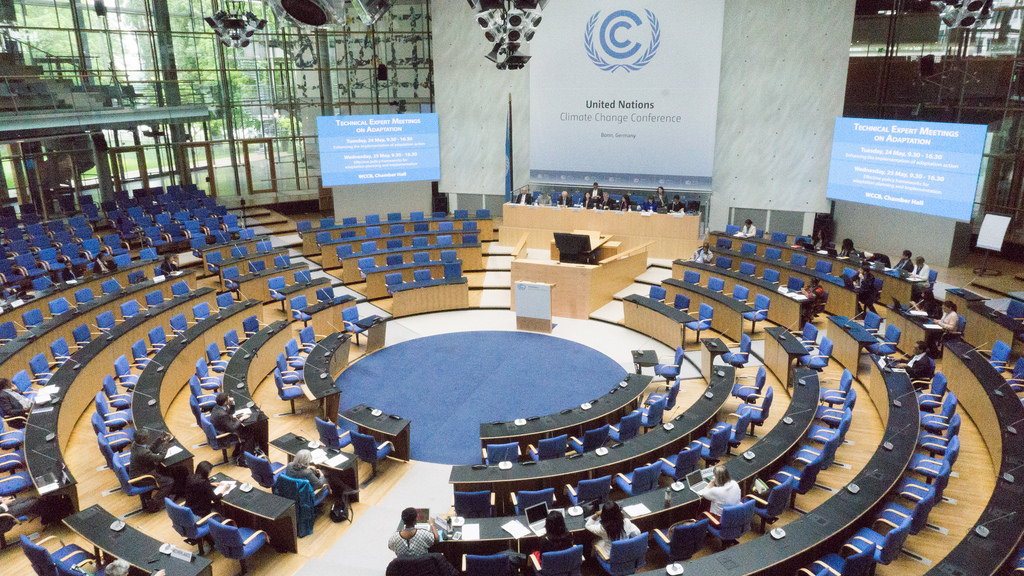POLITHEOR
European Policy Network
climate
- Home
- climate

EU’s environmental policy is blatantly incomplete. The consumption side is missing.1
- Environment and Energy, Op-ed
- 20/07/2017
Despite having achieved an unprecedented decrease of Greenhouse Gas (GHG) emissions within its territory, lowering them by 13 percent from 1990 to 2010, the European Union’s carbon footprint has increased by 8 percent during the same period. This paradoxical phenomenon is the result of our increasing demand for goods and services, which is mainly satisfied by importing products from developing countries that typically have more carbon-intensive industries.
READ MORE
Changing energy model dynamics one community at a time6
- Environment and Energy, Op-ed
- 15/07/2017
The science of climate change is complex but clear, the earth is warming. The solution however is steeped in cultural, geographical and political aspects and needs to change the way we think about ourselves and our place in the environment and how we categorize the relationship between society, the economy and natural systems.
READ MORE
The EU-China climate alliance: new plans and old troubles1
- Environment and Energy, Op-ed
- 25/06/2017
The success of common EU and China climate ambitions will, to a large degree, depend on overcoming persistent disagreement in the fields of trade and investment.
READ MORE

Grey is the new Paris: How green can defeat the smog0
- Environment and Energy, Op-ed
- 21/12/2016
By committing itself to making trees and green infrastructure a part of its scenery, Paris can bring colours back to a grey city.
READ MORE
Egypt and climate change: let your civil society grow strong0
- Environment and Energy, Op-ed
- 14/11/2016
We are in the midst of the 22nd session of the Conference of the Parties (COP 22) to the UNFCCC which is scheduled to take place from 7-18 November 2016 in Marrakech, Morocco. During COP 22, parties will begin preparations for the entry into force of the Paris Agreement. The agreement adopted last December to limit global temperature increase below 2C. This reduction can only be achieved through a significant reduction in the emission of greenhouse gases caused mainly by burning of fossil fuels.
READ MORE

